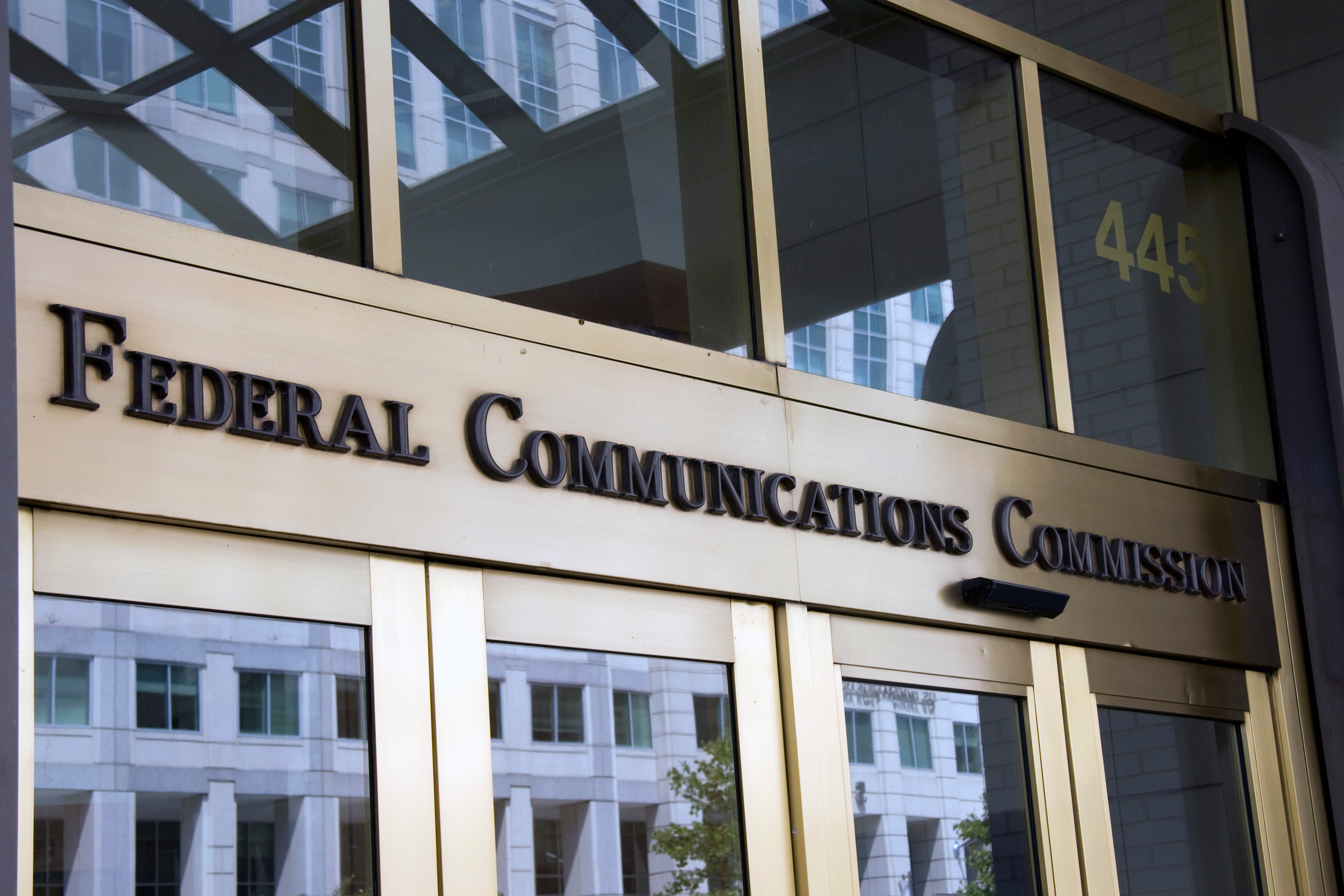FCC: Revised Broadband Deployment Report Still Shows Significant Progress

The smarter way to stay on top of the multichannel video marketplace. Sign up below.
You are now subscribed
Your newsletter sign-up was successful
The FCC's Wireline Competition Bureau has released a revised draft of the 2019 Broadband Deployment Report and maintains it still shows significant closing of the digital divide.
The original draft of the report was first released Feb. 19 accompanied by fanfare from FCC Chairman Ajit Pai on the figures showing that divide closing. But those numbers were based on drastically overstated deployment data by one company.
Barrier Communications had said that it reached almost 1.5 million census blocks with fiber-to-the-home and fixed wireless service when it appeared the company had simply submitted as its coverage area every census blocks in the eight states where it offered service to any census block, and at speeds of 940 Mbps.
The original draft showed that "the number of Americans lacking access to a fixed broadband connection meeting the FCC’s benchmark speed of 25 Mbps/3 Mbps has dropped by over 25%, from 26.1 million Americans at the end of 2016 to 19.4 million at the end of 2017." Free Press, which identified the Barrier error, said with the numbers un-inflated by Barrier, there is still a decline, but to 21.3 million, not the claimed 19.4 million.
Related: Free Press Says FCC Broadband Deployment Gains Overstated
The bureau said that triggered a thorough review and the new draft, which the bureau sounded confident had the correct numbers, which it said "continues to support the conclusion that significant progress has been made in closing the digital divide in America."
The new draft does indeed identify that 21.3 million figure as the correct one, adding that: "Moreover, the majority of those gaining access to high-speed connections, approximately 4.3 million, live in rural America, where broadband deployment has traditionally lagged."
The smarter way to stay on top of the multichannel video marketplace. Sign up below.
“We’re pleased that the FCC’s policy of making deployment data open and transparent to the public resulted in this error being discovered," said FCC Chairman Ajit Pai. "Fortunately, the new data doesn’t change the report’s fundamental conclusion: We are closing the digital divide, which means we’re delivering on the FCC’s top priority. We’re achieving this result by removing barriers to infrastructure investment, promoting competition, and providing efficient, effective support for rural broadband expansion through our Universal Service Fund programs.”
Contributing editor John Eggerton has been an editor and/or writer on media regulation, legislation and policy for over four decades, including covering the FCC, FTC, Congress, the major media trade associations, and the federal courts. In addition to Multichannel News and Broadcasting + Cable, his work has appeared in Radio World, TV Technology, TV Fax, This Week in Consumer Electronics, Variety and the Encyclopedia Britannica.

